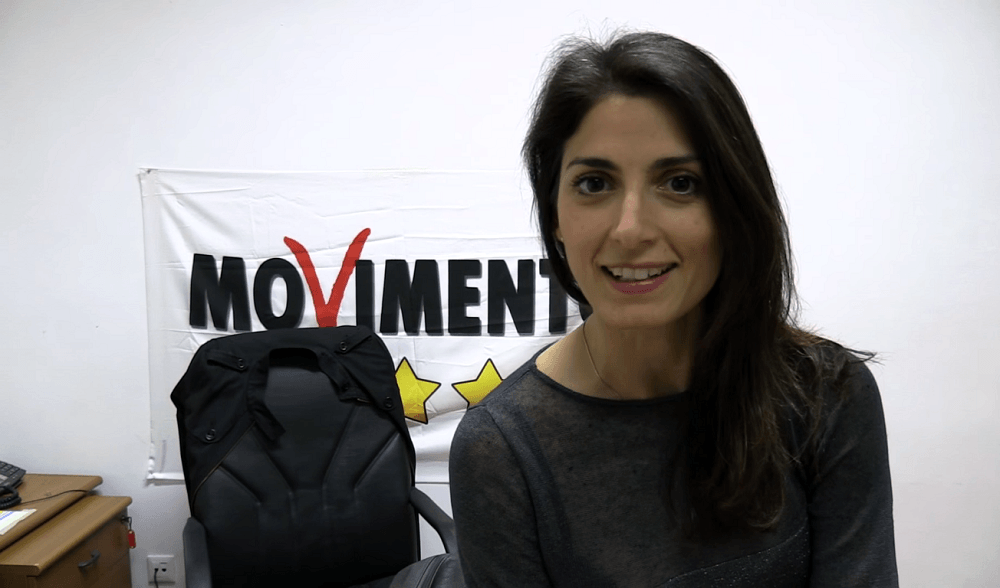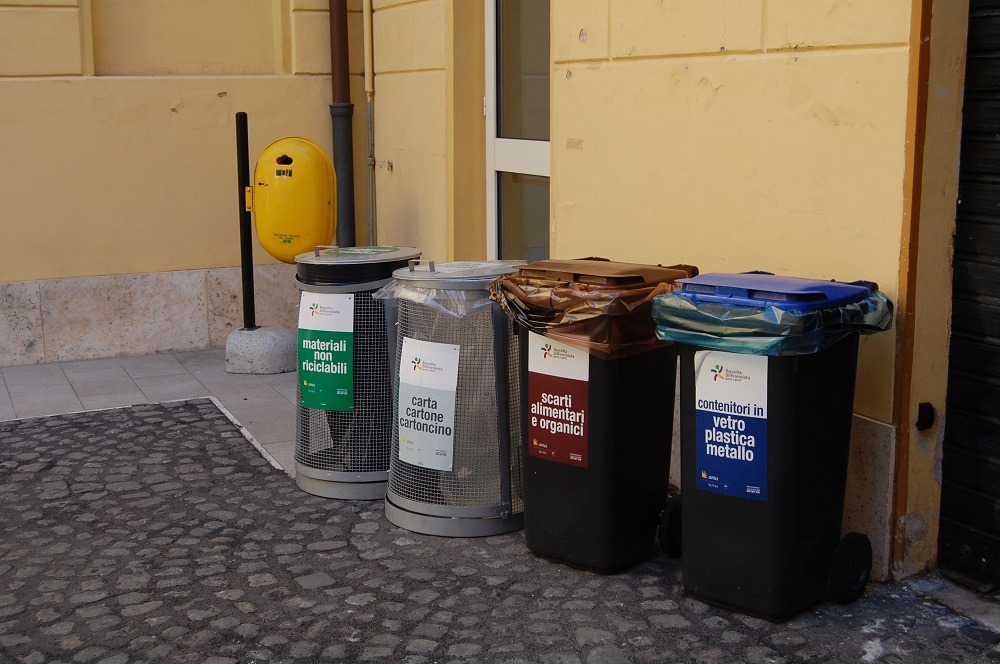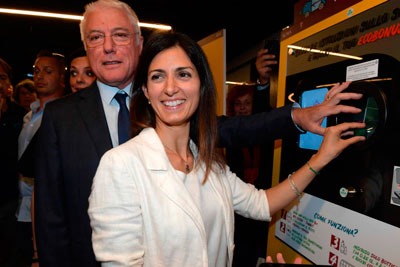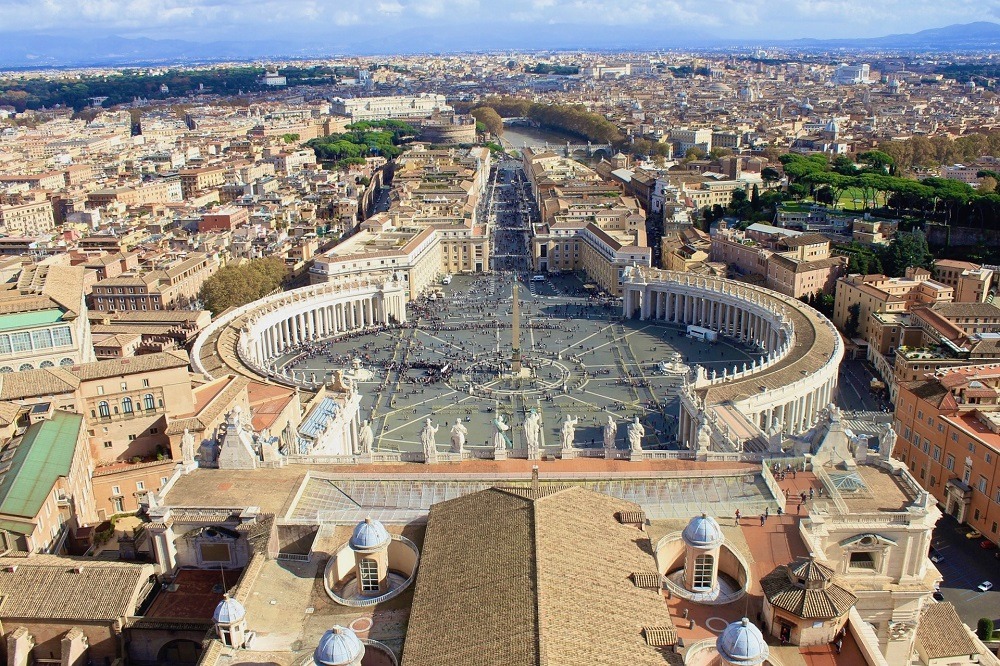A producer of 1.7 million metric tonnes of waste a year, Italy's capital of Rome is trying to make sure as much of this goes in the recycling
The Colosseum, one of the most iconic images of Rome (Credit: Pixabay)
This summer, NS Packaging will analyse the recycling policies in some of the world’s major cities. Thomas Parker takes a look at Rome, including kerbside waste management, a deposit return scheme for metro tickets and the Vatican’s ban on single-use plastic.
Regarded by many as one of the greatest cities of the ancient world, the heart of the one the greatest empires the world has ever seen and the home of the Colosseum and Vatican City, Rome was visited by 27 million people in 2017.
Although better known for its ancient monuments, Renaissance beauty and fabulous food, in recent years the Eternal City has become just as famous for its waste management system.
Here we take a closer look at is being done to improve recycling and make The City of the Seven Hills more environmentally-friendly.
A history of waste management in Rome
For almost 30 years, most of Rome’s waste was disposed at the Malagrotta landfill, before it was closed in 2013 when European authorities ruled it unfit to treat waste.
This left Italy’s capital with no major site for the 1.7 million tonnes of rubbish it produces every year.
About 1.2 million tonnes of this waste is exported, with the remaining 500,000 tonnes managed by the city and often left uncollected for weeks.

And while waste piles up on some of oldest pavements on earth, some of the factories tasked with its disposal have caught fire.
The last time this happened was in March, after which Roman Mayor Virginia Raggi, said: “We will accelerate [a proposed ban on single-use plastic] because we must start subtracting rubbish from this criminal system.
“I’m certain that the citizens will understand and will be with us.”
Recycling in the Italian capital
The company in charge of waste management in Rome is the city-owned AMA, with annual household tax paid to the organisation depending on how large someone’s property is.
It is collected in two ways depending on area of the city, either kerbside door-to-door collection, or a central collection where people have to drop-off their own rubbish at a waste centre.

Local government in the city has tightened up recycling regulations as well.
In 2017, Romans were told that if they failed to sort their recycling from regular waste and there wasn’t a recycling bin within 500 metres of their property, they could be fined up to €619 ($685).
Rome encourages recycling through a deposit return scheme for the metro
Announced last month, Rome became the second city in Europe to introduce a deposit return scheme for its public transport, after the Turkish capital Istanbul introduced a similar scheme in 2018.
Introduced in three of its stations – Cipro on the A line, Piramide on the B line and San Giovanni on the C line – it allows commuters to recycle their plastic waste in exchange for travel credits.
Each plastic bottle sized from 0.25 litres to two litres is worth five cents.

These credits can be redeemed by consumers through either the Tabnet or myCicero travel apps.
Paolo Simoni, president of Rome’s transport network Atac, said: “In a period in which crypto-currency is talked about, we have plastic currency.
“Substantially, it’s a system in which one recycles – we build customer loyalty and citizens’ virtuous behaviour is rewarded.”
The Vatican’s single-use plastic ban
The Vatican, based in the heart of the Italian capital, is one of the most significant religious sites in the world and the beating heart of the Catholic faith.

In recent years, its current leader Pope Francis has been vocal about environmental issues, telling followers that they are “called to care for creation not only as responsible citizens, but also as followers of Christ”.
The city-state has recently pushed an environmental agenda, announcing that – after its current supply has run out – it will no longer sell any single-use plastic items in its territory.
Head of the department that handles waste collection in the Vatican, Rafael Ignacio Torini, told Italian news agency ANSA “plastic will no longer be sold”.
He added: “We have been making an effort to sort as much as possible, and the state has limited all sales of single-use plastic.”
The Vatican aims to reach a 75% recycling rate within the next three years.
